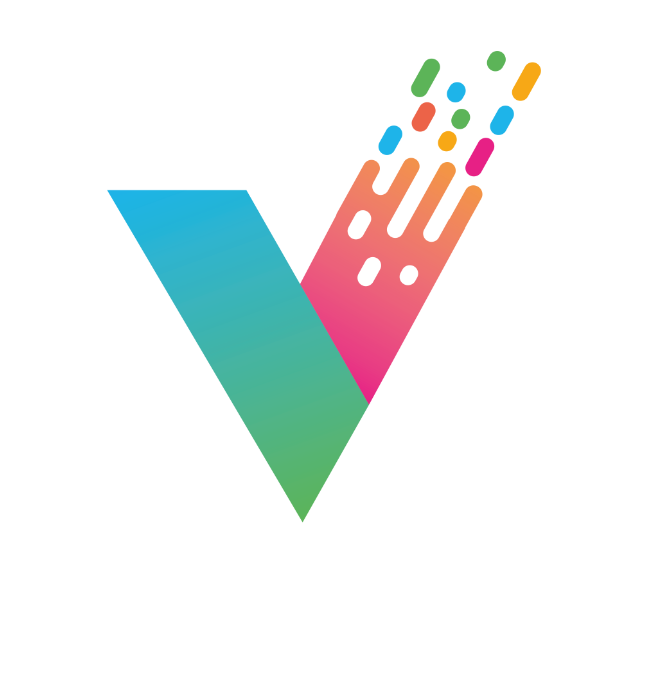related projects
In the family of European projects, VETRINE contributes to strategic goals towards which other projects under the Erasmus + umbrella and beyond also are working. On this page, we share some “sister projects” whose work we believe may be of use to you.
Transitions is a strategic alliance for innovation, to nurture the textile and fashion transition to a 4.0 system and a circular economy by developing new learning methods, tools and practices to help students, young designers and professionals, to face real challenges. Transitions will create a modular training programme based on Industry 4.0 for a new circular textile and fashion system.
An ample alliance of 30 partners of the Textile, Clothing, Leather, and Footwear (TCLF) industries in Europe for strategic, educational and social actions.
The Skills4Retail project, an Erasmus + Partnerships for Innovation Funded project, brings together 29 partners to focus on fast-tracking the ‘Triple Transition’ of Green, Digital and Resilience in the Retail sector, helping retailers to embrace ecommerce and ensuring their new business models are sustainable from the start.
An Erasmus+ project with learning materials for educators, youth workers and trainers by providing a comprehensive range of training resources for educators on fashion history and on sustainable fashion.
An Erasmus+ project that focuses on increasing the capacity of professionals from SMEs and start-ups to turn their business toward circular business models, as well as environmental and sustainable innovation as a result of transnational and intergenerational cooperation and training. See their free training platform.
The Horizon-funded shemakes project (ended December 2022) provides learning modules for HET and VET in the permanent section of the website labelled “Learning”. The project focused on empowering women in the T&C industry through skills and networking.
AddTex is a Erasmus Plus project, within the key actions related to transnational and result-driven activities between higher education (HEI) and vocational education and training (VET), research, public sector and business sector to generate innovation in teaching and learning and co-creation of knowledge.
The project aims at creating innovative training and learning materials in the field of the advanced textile materials, at stimulating a sense of initiatives and entrepreneurship in learners and workers and at reinforcing the role of clusters as bridges between the world of education and businesses
The project focused on strengthening the quality and relevance of the learning offer in VET training in the textile and clothing sector by developing a new flexible, integrated and innovative learning approach for VET trainers in T&C, based on the flipped classroom methodology, in order to overcome the limits of traditional, overly theoretical approaches to VET training.
An Erasmus+ project for Strengthening the Textiles, Clothing, Leather, and Footwear sectors for a more sustainable future by fostering education and training.
The overall objective of the ECO TEX project has been the design and implementation of an innovative and comprehensive training toolkit. The platform has been focused on online training and facilitate the dissemination of knowledge and exchange of experience. Furthermore, it served as a means for all stakeholders in this field to share concerns and advice, as well as the promotion of employment opportunities.
CircularInnoBooster Fashion and Textile (F&T) it was a project funded by the European Union’s Competitiveness of Enterprises and Small and Medium-sized Enterprises Programme (COSME) that aimed to transform companies in the textile and fashion industry into sustainable, circular and regenerative enterprises. It includes resources regarding funding opportunities guide and Lean Startup tools dossier for future entrepreneurs.
The main objective of this project was to improve the competitiveness of companies in the textile and clothing sector in the SUDOE region, by digitizing their production processes. Technological centers, business associations, public competitiveness organizations and companies was working together to achieve an improvement in the environment of companies in the SUDOE Space.
Among other results, the digitization protocol, developed within the scope of the DigiTVC project – Digitization of the Textile/Clothing value chain aims to be a tool for companies and all actors in this sector to boost their competitiveness through digital transformation. This protocol was also used to train specialists in digitization of the textile value chain.
The project “Skills4Smart TCLF Industries 2030” constitutes the first step into a new dynamic sustainable community of diverse private/public actors committed to support skills development and employment opportunities across EU in the Textile, Clothing, Leather, Footwear and Leather Goods sector.
22 partner organisations from 9 EU countries have cooperated to bridge the skills mismatch in the TCLF industries and increase the attractiveness of the sectors as a career choice while creating an international network of stakeholders across Europe.


